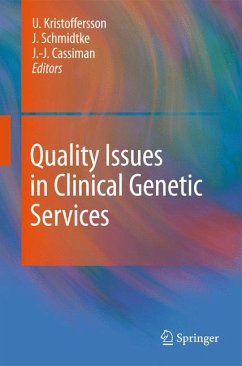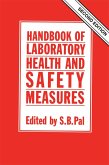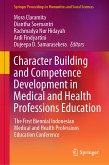Measuring quality of health care related processes became an issue in the 1990s, mainly in laboratory medicine, but also for hospitals and other health care systems. In many countries national authorities started to implement recommendations, guidelines or legal procedures regulating quality of health care delivery. In laboratory medicine, in parallel, the use of accreditation as a method assuring high quality standards in testing came in use. With the increasing possibilities of performing molecular genetic testing, genetic laboratories needed to become involved in this process.
As many genetic disorders are rare, most laboratories worldwide offered analysis for a specific set of disorders, and, therefore, very early on a transborder flow of samples occurred. While international quality criteria (ISO) have been in existence for a number of years, the regulation of quality issues still may differ between countries.
Based on their personal experience in the varying fields of quality research and clinical implementation of quality criteria in genetic services the authors of thisbook share their experience and give examples of the implementation of quality issues in national quality systems worldwide. This book, which is the result of the effort of many persons, is destined to aid laboratory managers and counsellors, health care managers and other stakeholders in national or international health care service to improve the services to the benefit of patients with suspected genetic disorders.
Dieser Download kann aus rechtlichen Gründen nur mit Rechnungsadresse in A, B, BG, CY, CZ, D, DK, EW, E, FIN, F, GR, HR, H, IRL, I, LT, L, LR, M, NL, PL, P, R, S, SLO, SK ausgeliefert werden.
"Aims to support professionals who wish to implement quality management in order to improve the quality of services ... . serve both as a concise reference work and as an informative introduction to the topic ... . a comprehensive and valuable compendium of quality issues presented by leading experts in the field. ... should be of interest to a wide range of readers: clinical geneticists, genetic counsellors, laboratory geneticists, researchers, healthcare managers, policy advisors of specialist societies, policy makers and other stakeholders around the globe." (Edward M. Leter, Journal of Community Genetics, Vol. 2, 2011)









